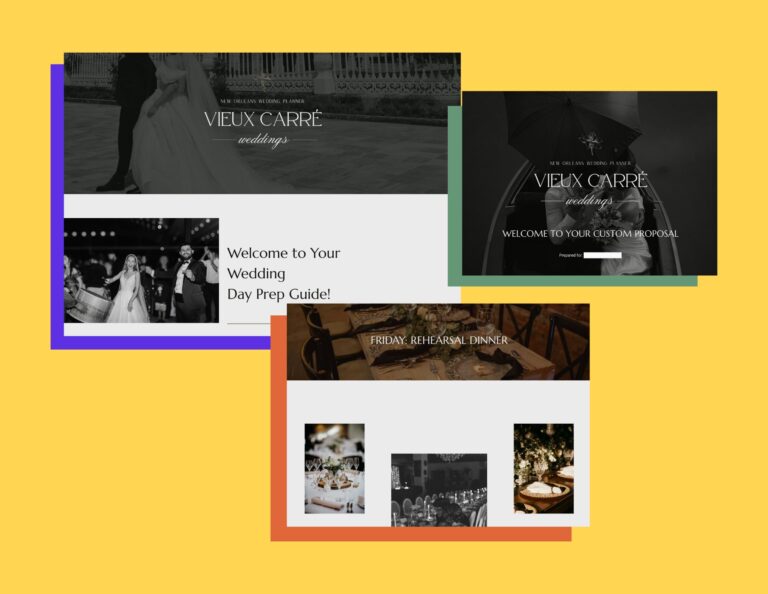As small business owners and entrepreneurs, what we do is almost always more than a career to us! It is our passion and something we believe deeply in. We are willing stay up late and get up early to see it come to fruition! Even though, we are aware of the risk we are willing to take it. It’s exhilarating, rewarding, and challenging all at the same time. Thru our passion, we hope to impact, influence, and help many people!
But growing a business is not always easy! The marketplace is crowded and it’s a struggle to connect in the increasing commotion. At one time, marketing was simply being in front of people and earning attention by selling oneself as bigger and better. Today competiveness no longer works. Instead people want something more. They are looking for connection. They want to buy from brands that they genuinely like, believe in, and trust.
While businesses may be aware of this, our actions still tend to default to the old way of marketing. One of the best ways to understand how marketing has changed is to look at common errors we make when marketing.
What are common marketing errors?

1. ‘Us’ focused brand messaging.
Our customers will care about us when it is clear we care about them. They respond positively to our brand when they understand how we will help them succeed. When it come down to it, business is helping others win and our messaging should clearly communicate how we will do that. Shift the focus of messaging from talking about yourself to how you will help your customer succeed.
2. A vague Brand Message
We know our business so well; it is easy to overlook how our message is unclear or confusing to the first time visitor. Words turn into noise when there is not a clear message. Clarity attracts and builds trust. If our message is unclear, our customers will walk away instead of taking the time to understand. Make your message so clear and easy to understand that the first time visitor will understand how you will help them within the first five seconds. Communicating effectively is one of the most valuable marketing tools we can learn.
3. Reacting
Avoiding marketing unless there is a ‘need’ for it causes us to react instead of plan. When we react, two things take place. First, our customers experience unpredictable and ‘thrown together’ messaging. Our customers will sense this and trust in the brand will be lost. Second, reaction marketing causes us as business owners to dislike marketing because it is done out of desperation instead of intentionality. Create a marketing plan, have a strategy, weave your marketing into your brand messaging, and invite your customs to join you.
4. Relying on social media only
Social media is a powerful business tool. It’s a way for businesses to connect, form relationships, and create a presence in the online world. However, we will be disappointed if we rely only on social media. 1 – Social media is unpredictable; it is a platform we do not own. 2 – Social media is meant to be social and should be used sparingly as a promoting tool. 3 – Social media’s landscape changes at the speed of lightening; preferences moving from Facebook to Instagram to Snapchat. It is risky and unsustainable to rely only on social media. Instead create a marketing plan that allows your customers to experience your brand in multiple ways. Other ways to ‘market’ is a user friendly website, beautiful visuals, clear messaging, keeping our promises, and providing a top-notch customer experience.
5. Viewing our business through our perspective instead of our customer’s perspective.
It is easy to focus on the details of running a business and overlook the most important part of being in business: What are our customers experiencing? Marketing is more than a promotion or getting new followers on instagam. Is our email response time prompt, communicating we care? Do we listen and show empathy when a customer has a special request? Is our product meeting our customer’s need the best way possible, even if it is different than what we would choose? If we are ‘marketing’ but overlooking these other impactful areas, our efforts are working against each other. We market so we can earn more customers. Earning new customers is done in ways that may not be thought of as ‘marketing’.
“If you want to build a successful business, sustainable business, a brand that will garner loyalty and, if you are lucky, become loved, you have to start with your story.”
– Bernadette Jiwa
A brand story is a universal marketing tool and it’s available to all of us. Instead of a ‘bigger and better’ marketing campaign, building a brand story focuses on connection and trust. A powerful story triggers an action in the customer. First connection, then trust, followed by an investment, resulting in a loyal community.
What is a brand story?

1. A brand story understands and focuses on those we serve. We start by seeing them, the customers, solving their problem; hearing and understanding them.
2. It is communication, across multiple platforms and touch points, online and offline. It is experienced on all levels of our brand. It is the way we make people feel, it’s our product, level of quality, how we treat our staff, and the way we communicate. It is our mission, vision, and core values lived out intentionally. It is our culture, website, visuals, and pricing.
3. A brand story is fluid strategy creating a cohesive, memorable, and welcomed experience for our customer.
At the very foundation, a brand story is connection. Story is a business whispering to it’s tribe…I see you, hear you, and understand you. We are alike. We see the world the same way. I like you. You are loved.
In today’s world where so many things are vying for our attention, thriving brands build a meaningful story. Designed with intention and woven into the fabric of your brand, a brand story is our all encompassing presence in the market place; creating something people care about, setting our brand apart, and growing our business. Marketing no longer has to feel ‘salesy’ or forced, instead it can be authentic and welcomed by our customers! With some hard work, patience, and intentionality: you have the power to shape and create your brand story; connecting you with your customers and growing your business!



